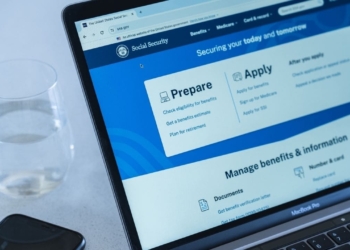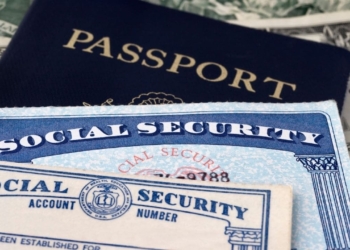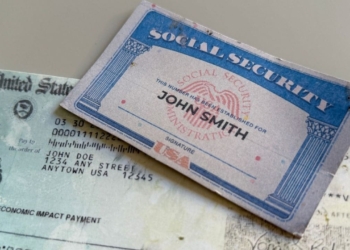The Social Security Administration (SSA) has issued a new emergency policy update that, while less severe than previous announcements, still poses a serious concern for millions of Americans who rely on the program. Effective April 25, 2025, the agency will limit the overpayment recovery rate to 50% of a beneficiary’s monthly benefit for certain Title II benefits, including retirement, disability, and survivor benefits.
This move comes after widespread backlash to a March decision that would have allowed the SSA to reclaim 100% of monthly benefits in cases of overpayment. The rollback offers partial relief, but the broader trend of austerity and restructuring within the SSA has created growing anxiety among the nearly 69 million people who depend on Social Security in the United States.
Social Security Administration’s New Policy Raises Concerns About Future Stability
For many retirees and disabled Americans, Social Security is not just a benefit—it is a financial lifeline. In 2025 alone, the program is expected to distribute $1.6 trillion in benefits. However, recent actions by the federal government have put the program under intense scrutiny. Early in the year, the SSA announced it would lay off 7,000 employees in an effort to streamline its operations, a move critics say could jeopardize the agency’s ability to serve the public efficiently.
The sharp increase in overpayment recoveries adds another layer of concern. Beneficiaries who accidentally receive excess funds—often due to administrative errors or unreported changes in income or living situations—may suddenly find their monthly checks drastically reduced.
What Social Security Beneficiaries Need to Know About Overpayment Rules
While the SSA’s new rule does offer some relief compared to the initial 100% recovery plan, many beneficiaries will still feel the impact. Fortunately, there are options. If you receive an overpayment notice, you have 90 days to request:
- A reconsideration of the debt
- A lower monthly withholding rate
- A waiver of recovery, in qualifying cases
If no action is taken within that period, the SSA can withhold up to half of your monthly benefit until the overpayment is fully recovered.
Meanwhile, those receiving Supplemental Security Income (SSI) are not affected by this change. For them, the withholding rate remains at 10%, offering some level of protection to the most financially vulnerable individuals.
Still, the broader direction of the SSA’s policies under the current administration continues to fuel uncertainty and mistrust among those who depend on the program to make ends meet. For now, staying informed—and taking timely action—remains the best defense.




